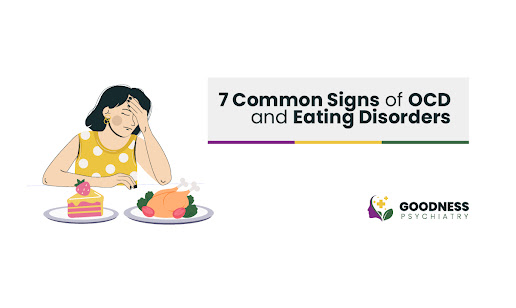When Is Men's Mental Health Month? Understanding the Importance and Impact

At Goodness Psychiatry , we understand the crucial role mental health plays in overall well-being, especially for men who often face unique challenges. If you’re wondering, "When is Men's Mental Health Month?" and why it matters, you’ve come to the right place. When Is Men's Mental Health Month? Men's Mental Health Month is observed every June. This dedicated month serves as a vital reminder to address and promote mental health awareness among men, who frequently encounter barriers to seeking help and discussing their mental health struggles. Men's Mental Health Month 2024 As we approach Men's Mental Health Month 2024, it’s important to recognize the ongoing issues and progress in mental health care for men. Each year, this month provides an opportunity to reflect on the strides we’ve made and the work still needed to support men effectively. Why Men's Mental Health Month Matters Understanding " when is Men's Mental Health Month...



.jpg)